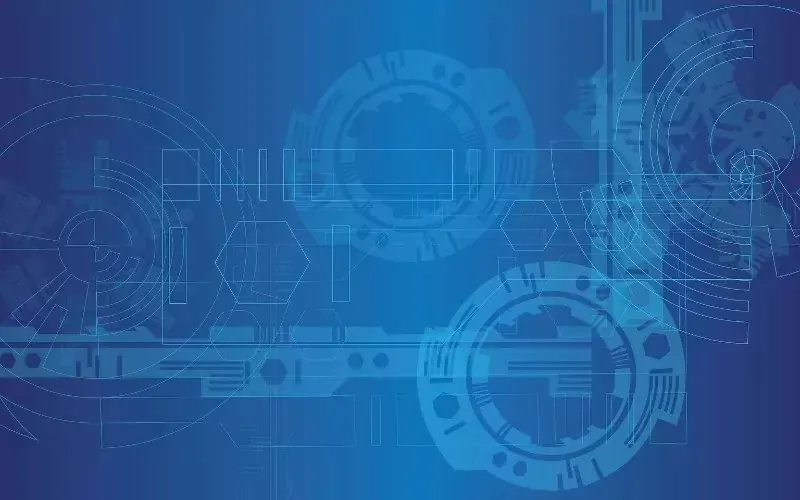The decision by TfL to not renew Uber’s licence has stirred significant public debate. This move not only challenges Uber but tests the future of ride-sharing in urban centres.
Support for Uber signifies the extent to which its services have become intertwined with daily life. The public’s response is a call for reconsideration and adaptation.
The Ubiquity of Technology
It is intriguing how technologies evolve to become integral parts of everyday life. From the advent of VHS players revolutionising home entertainment to the pervasive use of smartphones for daily tasks, technology remains ever-adaptive. The transition from novelty to necessity is seamless, leaving users yearning for advancements that enrich their experiences.
A similar transformation can be observed with services like Uber. Despite challenges, Uber has ingrained itself into urban living, offering convenience and affordability. This dependency highlights how indispensable technology can become, reshaping habits and transportation needs.
Once woven into the fabric of society, removing a technology leads to significant upheaval. The backlash against Transport for London’s (TfL) decision to revoke Uber’s licence exemplifies this disruption. Over 850,000 people, accustomed to Uber’s service benefits, signed a petition urging a reconsideration, signifying the depth of Uber’s societal impact.
Why Reconsider the TfL Decision?
The decision by TfL to deny Uber’s private hire operator licence was not taken lightly, yet it has sparked widespread debate. This action challenges not just Uber, but a broader technological evolution that has altered urban transport dynamics.
Uber’s admission of previous errors is significant, showing a willingness to adapt and improve. For city dwellers, the inconvenience of losing Uber’s services is palpable. Cost and efficiency are paramount, and Uber’s model fits these needs optimally, hence the push for a licence renewal.
The heart of the matter revolves around user reliance on Uber for hassle-free travel, especially under inclement weather. The incident of needing Uber to avoid getting drenched underscores its utility. TfL’s decision confronts these realities, revealing the challenges of retracting established technology.
Public Sentiment and Adaptation
Public reaction has been one of significant mobilisation, with 850,000 signatures collected in support of Uber. This turnout reflects a society that values the technological solutions Uber provides to everyday problems.
This public sentiment underlines a broader acceptance and expectation of tech-driven solutions in daily life. It expresses a desire not to revert to outdated systems.
It is this collective perspective that companies like Uber harness, leveraging public demand to encourage policy reconsiderations. The wide acceptance signals a readiness to embrace further advancements, rather than resist them.
Uber’s Role in Modern Transportation
Uber has fundamentally reshaped urban transport, influencing both consumers and competing industries. Its model of on-demand service challenges traditional taxis and public transport alike.
The convenience offered by Uber, characterised by rapid access and competitive pricing, has attracted a diverse user base. This includes not only regular commuters but also individuals requiring specific travel needs, such as late-night rides.
In this landscape, any decision affecting Uber also impacts its extensive daily users. The agility and flexibility of Uber’s model have set new standards in urban transit, making it a preferred choice over conventional options.
Learning from Technological Backlashes
When examining the TfL and Uber situation, broader lessons emerge regarding tech industry regulation. Companies must navigate compliance and public perception adeptly.
Uber’s experience shows the importance of admitting mistakes and striving for enhanced operational standards. This provides a blueprint for other technology firms facing similar regulatory hurdles.
Thus, it becomes evident that while technology can disrupt traditional systems, it must also evolve responsibly, fostering trust and reliability in its users. This dual approach is crucial for sustained integration within society.
The Global Perspective on Uber
Globally, Uber has faced and overcome numerous regulatory challenges, adapting its business model to align with regional demands. This adaptability underscores its commitment to service continuity across markets.
Internationally, similar regulatory issues have prompted Uber to enhance safety and driver verification processes. These improvements are critical in securing user trust and ensuring long-term viability.
As seen worldwide, Uber’s persistent evolution demonstrates its resolve to remain a key player in the global transport ecosystem. This continuous adaptation is essential for accommodating diverse geographies and regulatory landscapes.
The Future of Urban Mobility
The Uber case serves as a reflection of how intertwined technology is with urban mobility. It prompts a reevaluation of how cities might balance innovation with regulation.
The dialogue around Uber reveals the need for a cohesive framework that accommodates innovation while ensuring safety and accountability. Future discussions will likely focus on refining these synergies.
Ultimately, urban mobility relies on adaptable, resilient solutions to meet future demands, and Uber’s model exemplifies such progress. Ongoing adaptations ensure that technology continues to enhance urban living.
Uber’s journey highlights the inevitable march of technology in modern life. Challenges like these underscore the complex relationship between innovation and regulation.
As Uber continues to adapt, it exemplifies how companies must evolve to meet user needs while adhering to regulatory expectations. This is essential for future integration.

